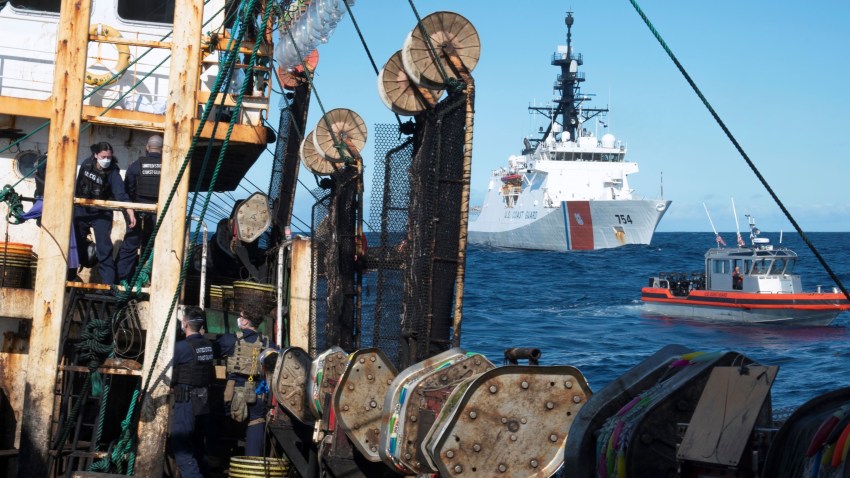Last month, a U.S. Coast Guard patrol vessel off the coast of Ecuador was forced to take evasive action when a Chinese fishing boat tried to ram it to avoid being boarded and inspected. The incident highlights the growing risk for conflict over fishing rights amid heightened geopolitical rivalry on the world’s oceans.
The stakes are high for people and nature: Countries that control and dominate the global supply of seafood hold power over the billions of people who are dependent on this protein for their food security. If we continue on the current trajectory, we will squander an opportunity to build a more ecologically sustainable world, with serious implications for coastal communities and countries worldwide, as well as for global security. Predicting where future clashes over “blue foods” might occur is key to avoiding them.
The encounter in the Eastern Pacific was part of standard U.S. Coast Guard enforcement and inspection actions. The U.S. gave notice over a year ago that it would begin inspecting fishing vessels in the region, following similar decisions by New Zealand, Chile and other fishing nations in the South Pacific. These inspections are enabled by the governing documents of the South Pacific Regional Fisheries Management Organization, of which China is a member, and come in response to the growing threat of illegal, unregulated and unreported, or IUU, fishing in the region. The Chinese fishing vessel’s aggressive response to the Coast Guard request to board enabled three others in the same fleet to escape. Beijing and Washington both issued pointed statements, with each blaming the other for the incident.

